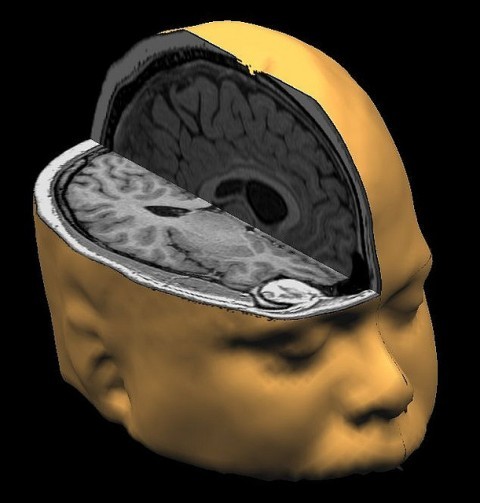Brain Nerve Stimulation Helps Erase and Re-activate Unpleasant Memories: Study

Memories of an unpleasant past can be erased and revived, finds a study.
Scientists from the University of California San Diego School of Medicine found memories can be altered by activation of brain nerves related to memory forming at frequencies that can increase or decrease nerve connectivity also known as synaptic gap. The study used rats that were genetically engineered to be light sensitive by stimulating a bunch of memory nerve cells and were given electric shocks in their foot to induce fear. The rats soon began relating light sensitivity to trauma of undergoing electric shocks. This effect was a result of chemical changes that strengthened in optic nerve gap.
In the second part of the trial, the memory cells in rats' brains were weakened by giving low frequency pulses. This wiped out the memory of receiving electric shocks whenever the rats were exposed to lights. The researchers also noted that the rodents' reactions to lights that reminded them of shocks could be restored upon re-stimulation of the nerve cells using high frequency pulses.
"We can form a memory, erase that memory and we can reactivate it, at will, by applying a stimulus that selectively strengthens or weakens synaptic connections," said Roberto Malinow, study author and professor of neurosciences at the UCSD in a news release.
The authors believe these findings help identify new treatments for Alzheimer's disease. Patients of Alzheimer's disease suffer from severe memory loss due to poor synaptic connections caused by beta amyloid peptide deposits in the brain. This is similar to giving low-frequency pulses to the rats' brain that completely erase fearful memories of having electric shocks in the foot.
"Since our work shows we can reverse the processes that weaken synapses, we could potentially counteract some of the beta amyloid's effects in Alzheimer's patients," said Prof Malinow.
More information is available online in the journal Nature.
Jun 02, 2014 07:35 AM EDT





